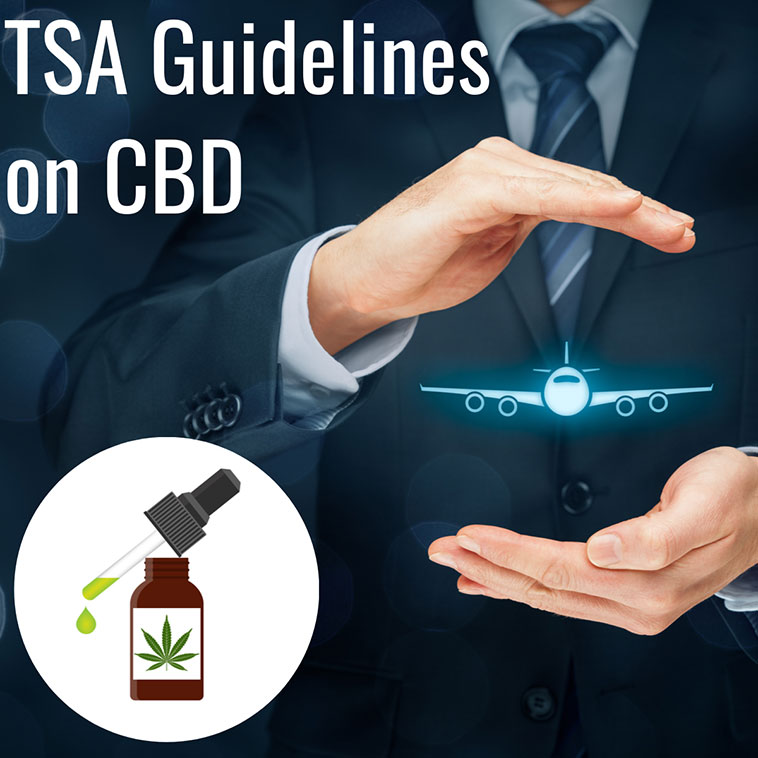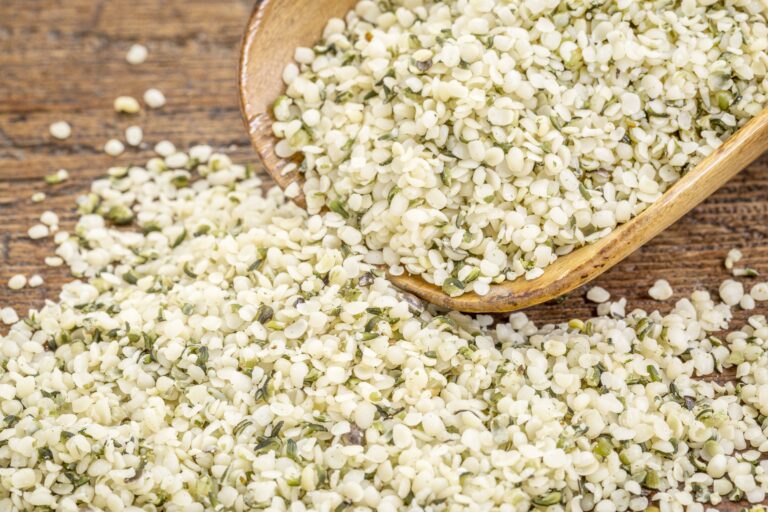CBD May Eases Emotional Exhaustion of Frontline Health Care Workers

Cannabidiol may help reduce emotional exhaustion and burnout symptoms among frontline health care professionals during the COVID-19 pandemic, according to results of a randomized clinical trial published in JAMA Network Open.
“Cannabidiol (CBD) is a nonpsychotomimetic phytocannabinoid with a favorable safety and tolerability profile,” José Alexandre S. Crippa, PhD, of the department of neuroscience and behavior at Ribeirão Preto Medical School, University of São Paulo’s Ribeirão Preto Medical School in Brazil, and colleagues wrote. “The drug has been reported to have anxiolytic effects in healthy volunteers and patients with social anxiety disorder at doses ranging from a single administration of 300 mg to 600 mg to daily administration of 300 mg for 4 weeks. Cannabidiol has also been found to have antidepressant and anti-inflammatory effects in preclinical studies.”
Because of the potential benefits of CBD and its favorable safety profile, the researchers aimed to determine whether it was efficacious and safe for daily administration to reduce emotional exhaustion and burnout symptoms among frontline health care workers who treated patients with COVID-19 in a Brazilian hospital. Participant enrollment occurred between June 12, 2020, and Nov. 12, 2020, with random assignment of the 120 included participants in a 1:1 ratio by a researcher not directly involved with data collection. The intervention consisted of 300 mg administration of CBD, in two 150 mg doses per day, plus standard care or standard care alone for 28 days. Emotional exhaustion and burnout symptoms, assessed for 28 days via the emotional exhaustion subscale of the Brazilian version of the Maslach Burnout Inventory-Human Services Survey for Medical Personnel, served as the main outcome.
A total of 118 participants (66.9% women; mean age, 33.6 years) received the intervention and had efficacy data analyzed. Results showed significant score decreases at day 14 (mean difference, 4.14 points; 95% CI, 1.47-6.8), day 21 (mean difference, 4.34 points; 95% CI, 0.94-7.73) and day 28 (mean difference, 4.01; 95% CI, 0.43-7.59) on the emotional exhaustion subscale of the Maslach Burnout Inventory among participants in the treatment arm. However, five participants of the treatment group had serious adverse events, with four cases of elevated liver enzymes and one case of severe pharmacodermia. The researchers discontinued CBD therapy in one case with critical elevation of liver enzymes and one with severe pharmacodermia, and the participants fully recovered.
“[CBD] may act as an effective agent for the reduction of burnout symptoms among a population with important mental health needs worldwide,” Crippa and colleagues wrote. “However, it is necessary to balance the benefits with potential adverse and undesired effects when making decisions regarding the use of this compound. Future double-blind placebo-controlled clinical trials are needed to assess whether the conclusions drawn from the present study can be more broadly applied.”





